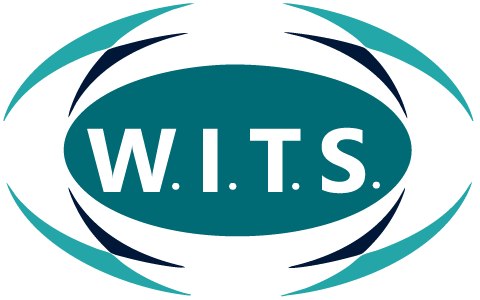
Why Micro-Credentialing Matters in the Fitness & Health Industry
The health and fitness industry is growing rapidly. From personal trainers to gym managers, consumers are increasingly looking for professionals they can trust with their well-being and goals. Micro-credentialing is emerging as a vital component in building trust, fostering professional development, and maintaining industry standards. BADGR is a big name micro credential to use & groups like W.I.T.S. offer it free for alumni. Here's why it’s essential for fitness professionals and employers alike:
1. Raising Standards Across the Industry
Micro-credentials establish clear, defined benchmarks for skills and knowledge. By offering certifications in specialized areas—such as sports nutrition, injury prevention, or strength training—professionals can demonstrate their competency in a specific skill set. This raises the bar for the entire industry, ensuring clients receive top-notch service from qualified experts.
2. Practical Skill Validation
Unlike traditional certifications, which can sometimes focus on theoretical knowledge, micro-credentialing emphasizes practical, real-world skills. For instance:
- A personal trainer might earn a micro-credential in mobility training that directly aids clients recovering from injuries.
- Fitness coaches could specialize in group dynamics, tuning into what makes group sessions effective.
These skill-based qualifiers ensure that professionals aren't just knowledgeable but capable of applying their expertise in actionable ways.
3. Professional Direction and Growth
For fitness professionals, micro-credentials are more than just badges—they're a tool for career advancement. Whether you’re an entry-level trainer or seasoned fitness manager, enrolling in micro-credential programs gives clear pathways to grow your skills, build your resume, and niche down into specialized areas that make you stand out. Employers also benefit from developing in-house talent, creating well-rounded teams equipped to meet diverse needs in their club or studio. If you have one offered to you like BADGR, take a few minutes and collect it from your provider and then post it everywhere in social media to let the world know who and what you can do in this profession.
4. Consumer Confidence and Verification
Imagine you're a client exploring personal trainers. Who would you trust more—someone with vague claims of "experience" or someone with verifiable qualifications in weight management and injury prevention?
Micro-credentials provide clients with peace of mind that they’re working with professionals who have undergone rigorous training and validation. Trust and transparency form the backbone of client relationships in the health and fitness space.
5. Building Employer Credibility
For gym owners, franchise managers, or studio operators, hiring staff with micro-credentials elevates your brand’s credibility. When staff can showcase verified, skill-specific certifications, it enhances the reputation of your team and gives your business a competitive edge. Clients will gravitate toward professionals and centers that display a commitment to continuous learning and excellence.
The Bottom Line
From trainers to owners, micro-credentialing has something to offer for everyone in the health and fitness industry. It’s about accountability, growth, and delivering better results for your clients and consumers. Whether you’re looking to upskill your team, stand out in a competitive field, or reassure clients you're the best in the business, micro-credentials are the path forward.
Start exploring micro-credentialing opportunities today and take your professional development to the next level. Your clients—and your career—will thank you.

1 comment
I am interested in the micro credentials. I am an wits alumn and would like to take advantage of some more opportunities you offer.